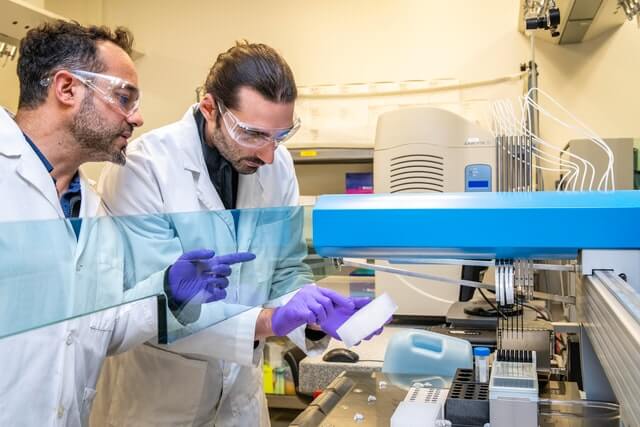Synthetic peptides are crucial pharmaceutical products used in modern-day biotechnological research. Researchers have been making strides in protein expression synthesis over the years. For example, they are focusing on advanced synthesis for faster protein synthesis and safer products. This article describes the role of advanced technology in improving protein synthesis.
Rapid Production
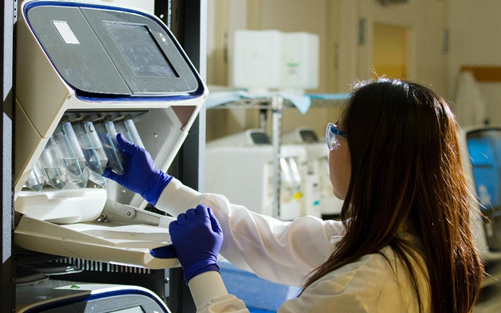
Image source: https://unsplash.com/photos/GcrSgHDrniY
Protein synthesis initiations are an essential biological process that contributes to efficient gene expression regulation. Integrating technology in the synthesis process helps increase the efficiency of protein production.
The growth in technologies has helped reduce the time used to generate synthetic proteins. For example, MIT researchers created tabletop automated flow synthesis that strings together numerous amino acids quickly. This new technology can help speed up drug manufacturing.
Also, the new technology enables faster protein synthesis, which is crucial in commercial development. Researchers are using advanced technology to increase the speed of protein production. There have been problems with the synthesis of membrane protein. Technology can make membrane protein synthesis effective since cell-free systems are dilute.
Improves Drug Discovery
Protein synthesis is used in drug discovery and development. It entails joining individual amino acid molecules to form peptides, which are excellent components in understanding cellular processes. The technology advancement enables fast drug development and testing.
Integrating technology in protein synthesis has helped researchers come up with new vaccines. By synthesizing the short-chain amino acids, scientists have identified new protein targets. Scientists have been integrating technology to determine the characteristics of mRNA and codons to increase translation efficiency. Translation entails decoding a messenger RNA that allows it to perform several vital functions in the cell.
Produce Therapeutic Proteins
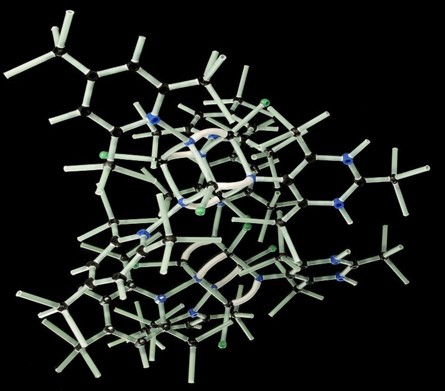
Image source: https://unsplash.com/photos/_y4LGVTeBwQ
Therapeutic proteins entail introducing peptides to a patient’s body when they need an immune response to diseases. Researchers are using advanced technology to speed up peptide synthesis and produce personalized medicine. Through recombinant DNA technology, researchers are creating therapeutic proteins that can be used in vaccine production. The technology helps create genetically engineered proteins with desirable antibodies.
Researchers are using this technology in protein therapeutics and personalized medicine. After synthesizing proteins in the rough endoplasmic reticulum, you transfer them into the lumen to produce therapeutic proteins.
Unlike recombinant DNA, protein synthesis methods entail synthesizing proteins of interest in cell extracts obtained from E. coli. It involves transcribing the base sequence from the genes encoding proteins to the messenger RNAs. You then translate the coding regions into amino acid sequences of proteins.
Producing Bio-Commodities
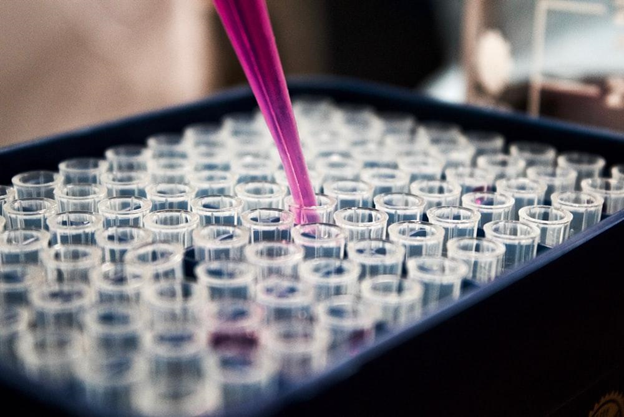
Image source: https://unsplash.com/photos/pwcKF7L4-no
This technology has become essential in producing bio-commodities for industrial purposes. It provides a platform to prepare cell protein synthesis using E. coli. The cell-free biosynthetic technology helps ease the design and production of proteins that are difficult to express in cell systems. For example, you can apply the technology in membrane proteins and protein complexes to achieve direct regulation and assembly.
Cell-free protein synthesis is a growing field of synthetic biology that is helping fulfill the demands of protein production using living cells. This is a retro approach that provides a platform for rapid protein synthesis. Technology has contributed to the growth of cell-free RNA and protein synthesis, creating opportunities to tailor the reactions for specialized applications. For example, researchers are applying cell-free protein synthesis in protein Microarrays and vitro protein evolution.
Helps in Medicinal Chemistry
Technology advancement can have an important role in medicinal chemistry. Researchers are applying the technology in drug discovery research to identify new protein targets. For example, they synthesize short amino acids to create new protein targets that serve as therapeutic targets for other diseases.
Researchers are integrating technology in protein synthesis to generate the desired protein sequence quickly. It synthesizes the peptides rapidly and with high efficiency, making them more practical compared to antibodies. The technology has created opportunities for protein medicinal chemistry, helping to generate desired protein sequences quickly.
Technology is also needed in synthesizing proteins with 164 amino acids. For example, you can use advanced technology to synthesize bacteria protein such as Sortase A with 164 amino acids. This creates an opportunity to develop drugs for diseases such as cancer. It is also helpful when producing insulin with 86 amino acids or enzymes with 129 amino acids. Therefore, you can use technology in drug screening and targeted therapeutic compounds to diseases.
Molecular Diagnostics
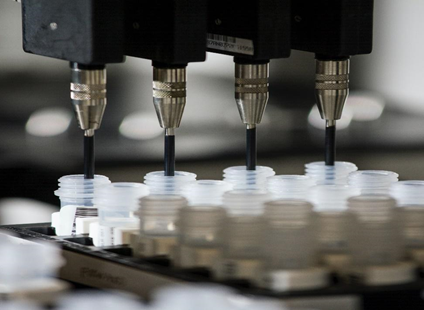
Image source: Source: https://unsplash.com/photos/2fyeLhUeYpg
Protein synthesis entails creating diagnostic markers for several infectious and immune diseases. Advanced technology has allowed researchers to use peptides in molecular diagnostics. For example, they generate protein biomarkers to help detect early cancer stages for men who undergo radiation therapy. This early diagnosis can improve disease prognosis and create higher survival rates for cancer and other infectious diseases.
The complications involved in understanding viral diseases require using advanced technologies. For example, the technology can help get a timely diagnosis of the conditions and stop their proliferation. It allows incorporating amino acids into proteins, which helps expand the structural and functional diversity of potential protein drugs. Researchers can now work on improving the technology to commercialize protein synthesis.
The Bottom Line
With mRNAs playing a crucial role in protein synthesis, there have been technological advancements. Technology is vital in protein synthesis by speeding up the process and making it efficient. The benefits of this technology include real-time control, simplified metabolic load balance, and direct control of regulatory elements. You can also benefit from a reduced toxicity effect during protein synthesis.








